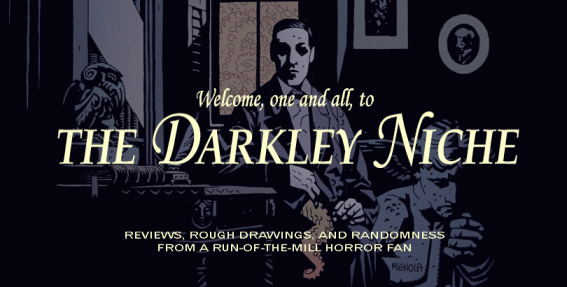Do you start from the beginning, with Carrie? It seems like the sensible thing to do, to read the earliest writings and work onward from there. However, and I may receive some flack for this, I never took much of a shining to its story. So 'Salem's Lot, then? Later perhaps, but what I realized by then was that I wanted a story that I actually hadn't seen adapted into a movie or television mini-series. And a theme to which I've developed into a definite follower. Combine the zombie apocalypse scenario together with Stephen King and what do you have? In one word: Cell.

Beginning with an outbreak reminiscent of '28 Days Later', had it happened in Boston, Massachusetts, aspiring graphic novel artist Clayton Riddell's dreams go up in smoke like the very city in which burns around him when what is later called "the Pulse" causes anyone communicating on a cell phone to essentially go mad and murderous. During the initial chaos that ensues, Clayton comes across Tom McCourt, a shorter, gentle-hearted man whose sexual orientation was very subtle to what I was originally led to believe (read Stephen Colbert's interview with Stephen King), and teenager Alice Maxwell. Together, the three travel by night to avoid the "phone crazies" and head north towards Maine, where Clayton's son lives.
Likely this is an oversimplification of Cell, but what really drives the book comes down to two devices: the fear that the phone crazies inspire not simply by their murderous nature, but more so by their eerie evolution, and the intriguing perspective King takes on the standard viral effect of zombie infection and transformation from the biological to the technological. Both devices are quite brilliant, really, in my humble opinion. Later into the novel, a little less than halfway through, we are given the writer's convenience through Gaiten Academy professor Charles "the Head" Ardai but particularly through his pupil, Jordan. Here's an excerpt from Jordan's theory regarding the effect of the pulse:
"No one has any real idea what that ninety-eight percent [of the human brain] is for, but there's plenty of potential there. Stroke victims, for instance... they sometimes access previously dormant areas of their brains in order to walk and talk again. It's like their brains wire around the blighted area. The lights go on in a similar area of the brain, but on the other side. [...] If you wipe a computer hard drive, it can't regenerate spontaneously... except maybe in a Greg Bear novel. People are different. [...] Me and the Head -- the Head and I -- think that in addition to stripping people's brains all the way down to that one unerasable line of code, the Pulse also kicked something on. Something that's probably been sitting inside all of us for millions of years, buried in that ninety-eight percent of dormant hard drive."As to what Jordan is leading up to, I'll leave to you to learn for yourselves. With creative re-imagining of the zombie subgenre, Cell is a remarkably intriguing read. My only grievance is the occasional interjections that the characters, usually Clayton, make from time to time for borderline annoying anecdotes. That aside, I have no other complaints. I give it four-and-a-half out of five Lawrence Welks. (Trust me, it will make sense once you've read Cell.)












No comments:
Post a Comment